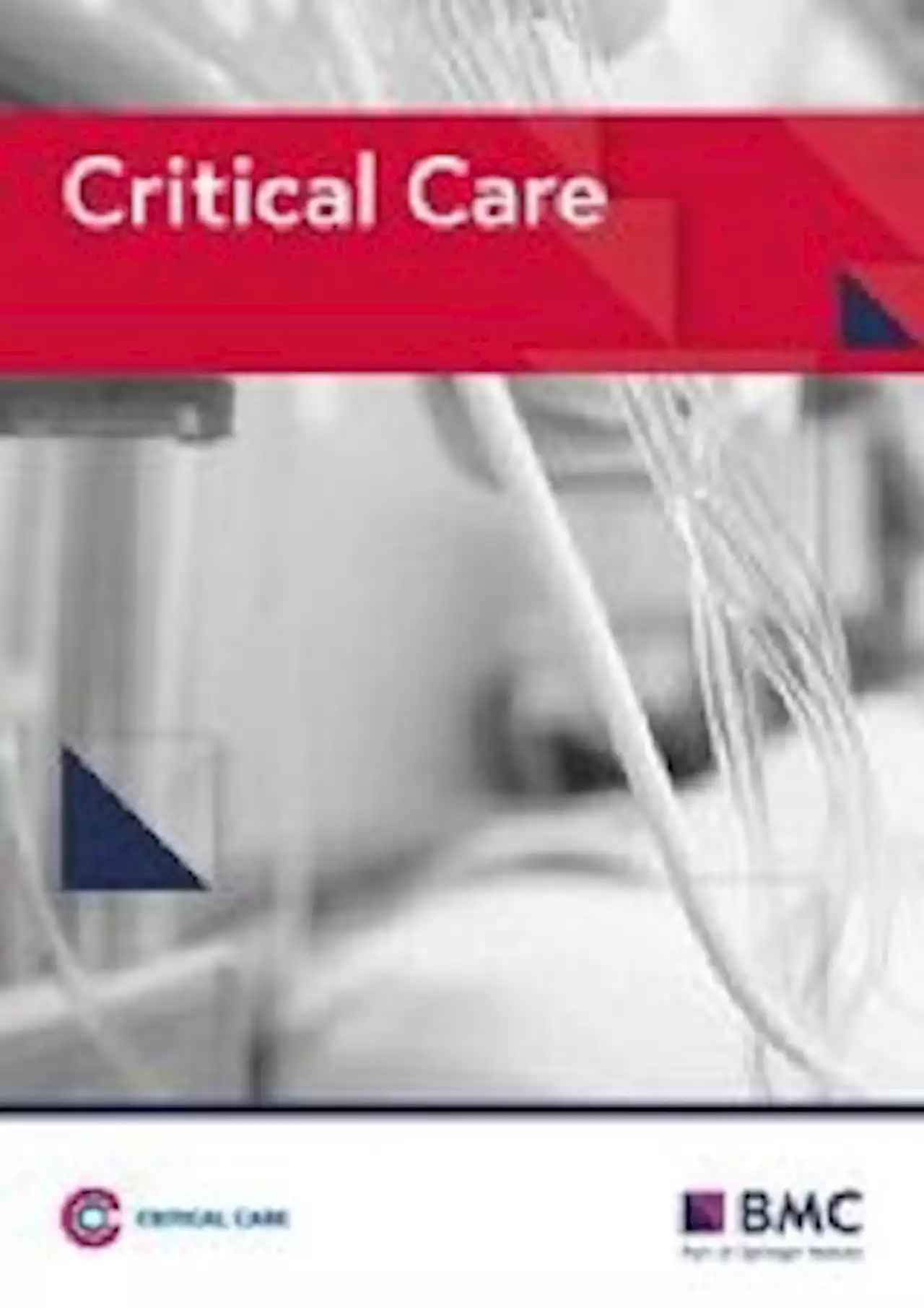Different people interpret facial impressions very differently, study reveals QMUL PNASNews
Previously, research into the interpretation of emotional expressions has been limited because experimental tools representingProceedings of the National Academy of Sciencesto the avatars, so that users could progressively refine the avatars' facial expressions until they thought the expression reflected what they thought a particular emotion should look like.
A total of 336 people then used the avatars to generate facial expressions to represent happiness, fear, sadness and anger. The researchers found that the expressions people generated varied substantially, suggesting that people associate different facial expressions with the sameThe researchers then also used a standard emotion recognition test on the people who had generated the expressions on the avatars.
The researchers recommend that future research on emotion processing should move away from using methods and stimuli that correspond to stereotypes, and favor approaches that account for more diversity and richness of expression.
United Kingdom Latest News, United Kingdom Headlines
Similar News:You can also read news stories similar to this one that we have collected from other news sources.
People on low income or certain benefits may qualify for cash help from councilEvery council offers different forms of financial help for people facing hardship or an unexpected emergency.
Read more »
 'Devastated' holidaymaker reveals how he watched his friend get crushed to death in 'wall of people' in Seoul disasterA 'devastated' holidaymaker has revealed how he watched his friends get crushed to death in a 'wall of people' during the Seoul disaster.
'Devastated' holidaymaker reveals how he watched his friend get crushed to death in 'wall of people' in Seoul disasterA 'devastated' holidaymaker has revealed how he watched his friends get crushed to death in a 'wall of people' during the Seoul disaster.
Read more »
 Sitting down all day isn’t as bad for younger women, new study revealsThe first study to examine how men and women react differently to sedentary lifestyles is challenging all we know about the dangers of sitting down for too long.
Sitting down all day isn’t as bad for younger women, new study revealsThe first study to examine how men and women react differently to sedentary lifestyles is challenging all we know about the dangers of sitting down for too long.
Read more »
 University of Leeds ranked among UK’s most haunted universities - see full listThe survey, conducted by Knowledge Academy, ranked the university as the sixth most haunted in the UK behind Liverpool, Bath and York
University of Leeds ranked among UK’s most haunted universities - see full listThe survey, conducted by Knowledge Academy, ranked the university as the sixth most haunted in the UK behind Liverpool, Bath and York
Read more »
 Different epidemiology of bloodstream infections in COVID-19 compared to non-COVID-19 critically ill patients: a descriptive analysis of the Eurobact II study - Critical CareBackground The study aimed to describe the epidemiology and outcomes of hospital-acquired bloodstream infections (HABSIs) between COVID-19 and non-COVID-19 critically ill patients. Methods We used data from the Eurobact II study, a prospective observational multicontinental cohort study on HABSI treated in ICU. For the current analysis, we selected centers that included both COVID-19 and non-COVID-19 critically ill patients. We performed descriptive statistics between COVID-19 and non-COVID-19 in terms of patients’ characteristics, source of infection and microorganism distribution. We studied the association between COVID-19 status and mortality using multivariable fragility Cox models. Results A total of 53 centers from 19 countries over the 5 continents were eligible. Overall, 829 patients (median age 65 years [IQR 55; 74]; male, n = 538 [64.9%]) were treated for a HABSI. Included patients comprised 252 (30.4%) COVID-19 and 577 (69.6%) non-COVID-19 patients. The time interval between hospital admission and HABSI was similar between both groups. Respiratory sources (40.1 vs. 26.0%, p | 0.0001) and primary HABSI (25.4% vs. 17.2%, p = 0.006) were more frequent in COVID-19 patients. COVID-19 patients had more often enterococcal (20.5% vs. 9%) and Acinetobacter spp. (18.8% vs. 13.6%) HABSIs. Bacteremic COVID-19 patients had an increased mortality hazard ratio (HR) versus non-COVID-19 patients (HR 1.91, 95% CI 1.49–2.45). Conclusions We showed that the epidemiology of HABSI differed between COVID-19 and non-COVID-19 patients. Enterococcal HABSI predominated in COVID-19 patients. COVID-19 patients with HABSI had elevated risk of mortality. Trial registration ClinicalTrials.org number NCT03937245 . Registered 3 May 2019.
Different epidemiology of bloodstream infections in COVID-19 compared to non-COVID-19 critically ill patients: a descriptive analysis of the Eurobact II study - Critical CareBackground The study aimed to describe the epidemiology and outcomes of hospital-acquired bloodstream infections (HABSIs) between COVID-19 and non-COVID-19 critically ill patients. Methods We used data from the Eurobact II study, a prospective observational multicontinental cohort study on HABSI treated in ICU. For the current analysis, we selected centers that included both COVID-19 and non-COVID-19 critically ill patients. We performed descriptive statistics between COVID-19 and non-COVID-19 in terms of patients’ characteristics, source of infection and microorganism distribution. We studied the association between COVID-19 status and mortality using multivariable fragility Cox models. Results A total of 53 centers from 19 countries over the 5 continents were eligible. Overall, 829 patients (median age 65 years [IQR 55; 74]; male, n = 538 [64.9%]) were treated for a HABSI. Included patients comprised 252 (30.4%) COVID-19 and 577 (69.6%) non-COVID-19 patients. The time interval between hospital admission and HABSI was similar between both groups. Respiratory sources (40.1 vs. 26.0%, p | 0.0001) and primary HABSI (25.4% vs. 17.2%, p = 0.006) were more frequent in COVID-19 patients. COVID-19 patients had more often enterococcal (20.5% vs. 9%) and Acinetobacter spp. (18.8% vs. 13.6%) HABSIs. Bacteremic COVID-19 patients had an increased mortality hazard ratio (HR) versus non-COVID-19 patients (HR 1.91, 95% CI 1.49–2.45). Conclusions We showed that the epidemiology of HABSI differed between COVID-19 and non-COVID-19 patients. Enterococcal HABSI predominated in COVID-19 patients. COVID-19 patients with HABSI had elevated risk of mortality. Trial registration ClinicalTrials.org number NCT03937245 . Registered 3 May 2019.
Read more »
